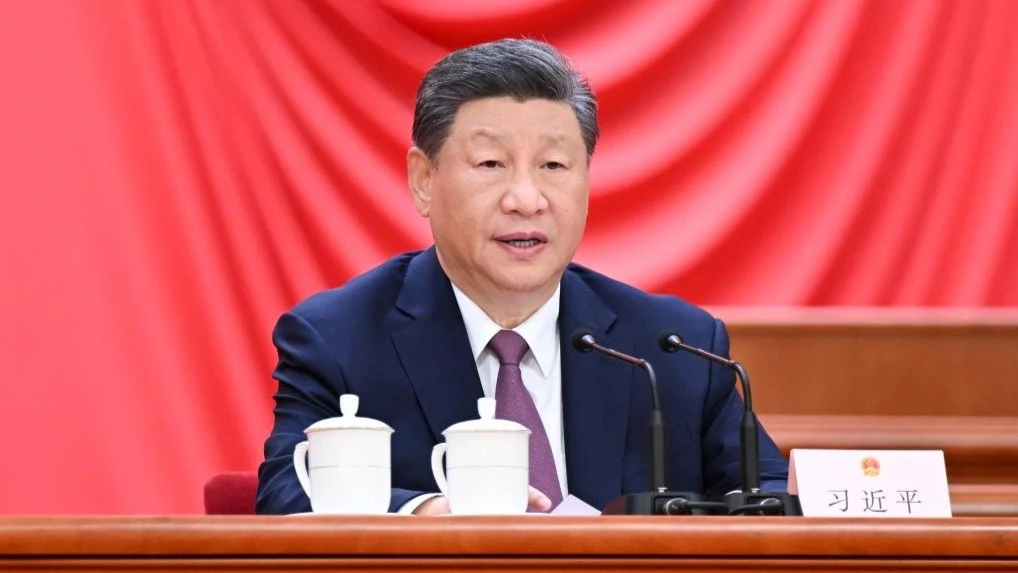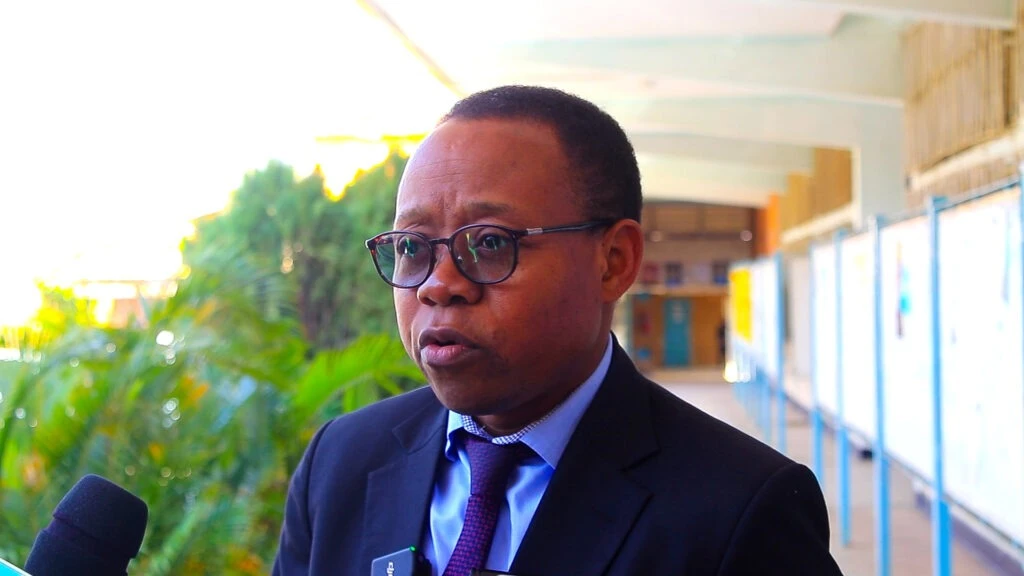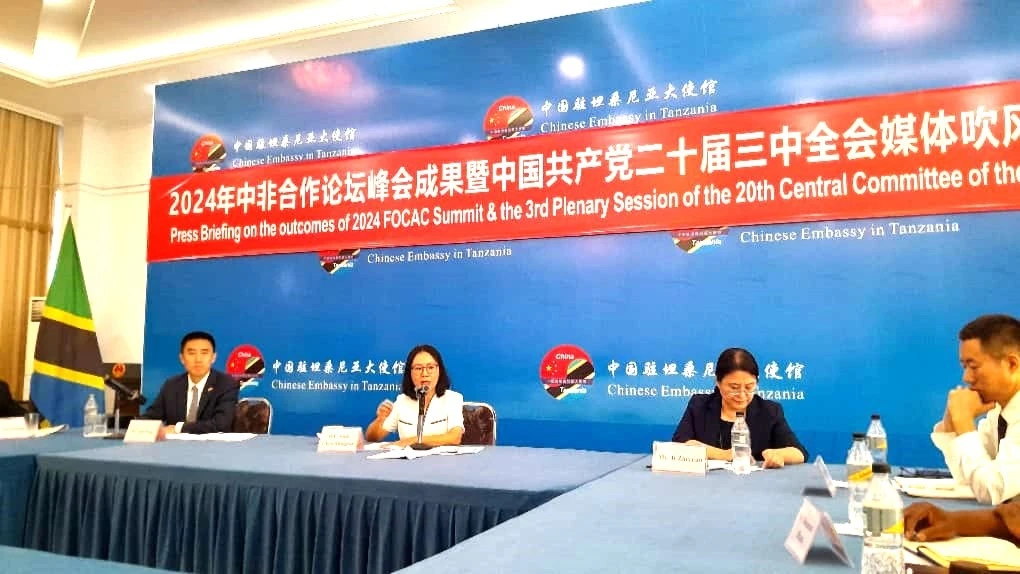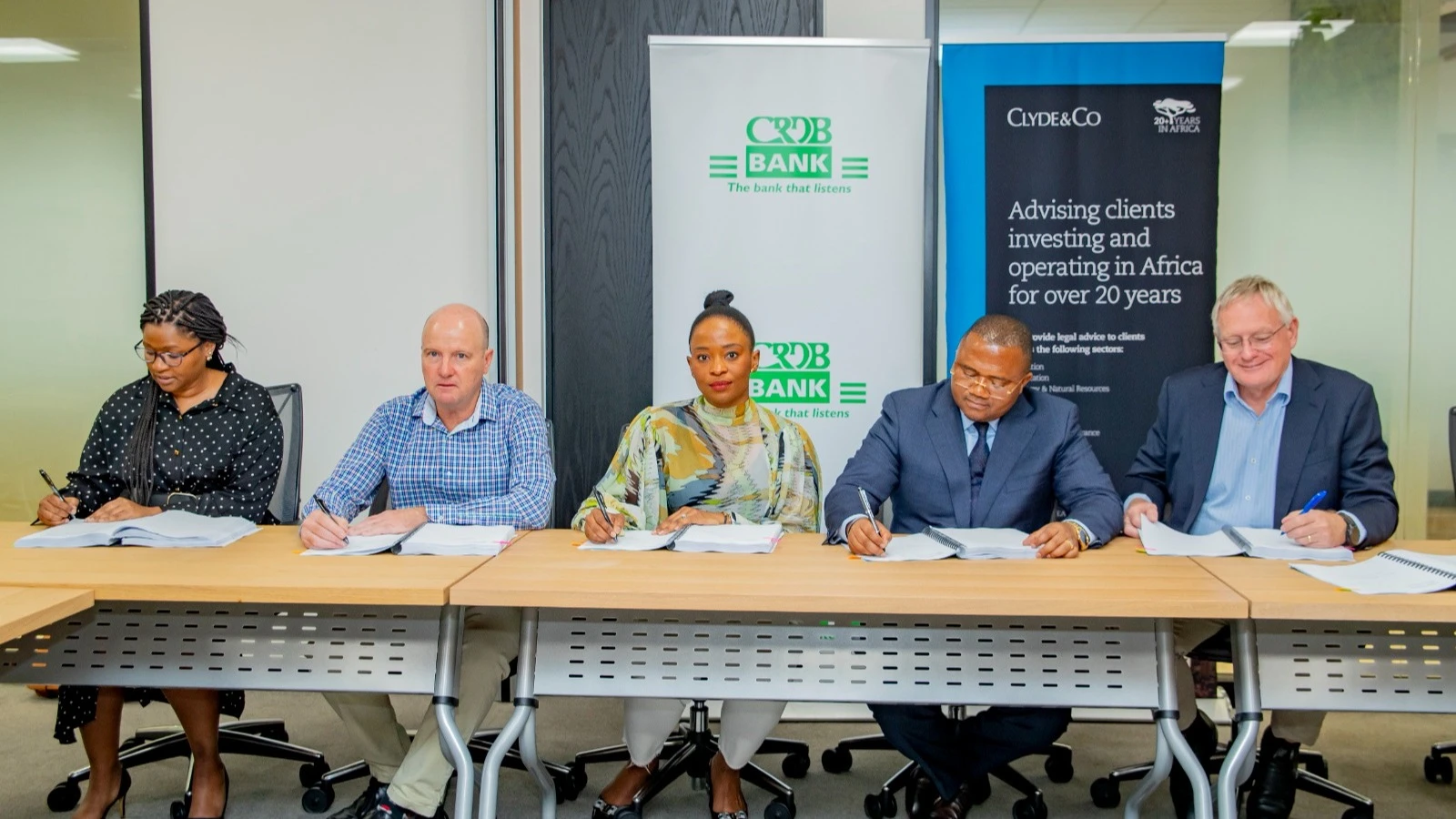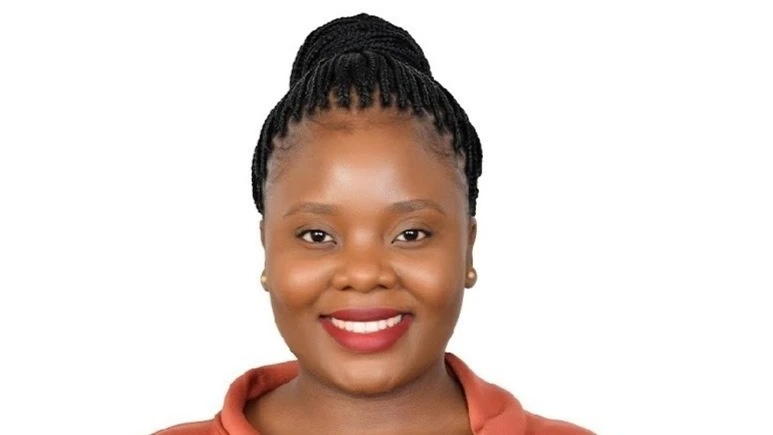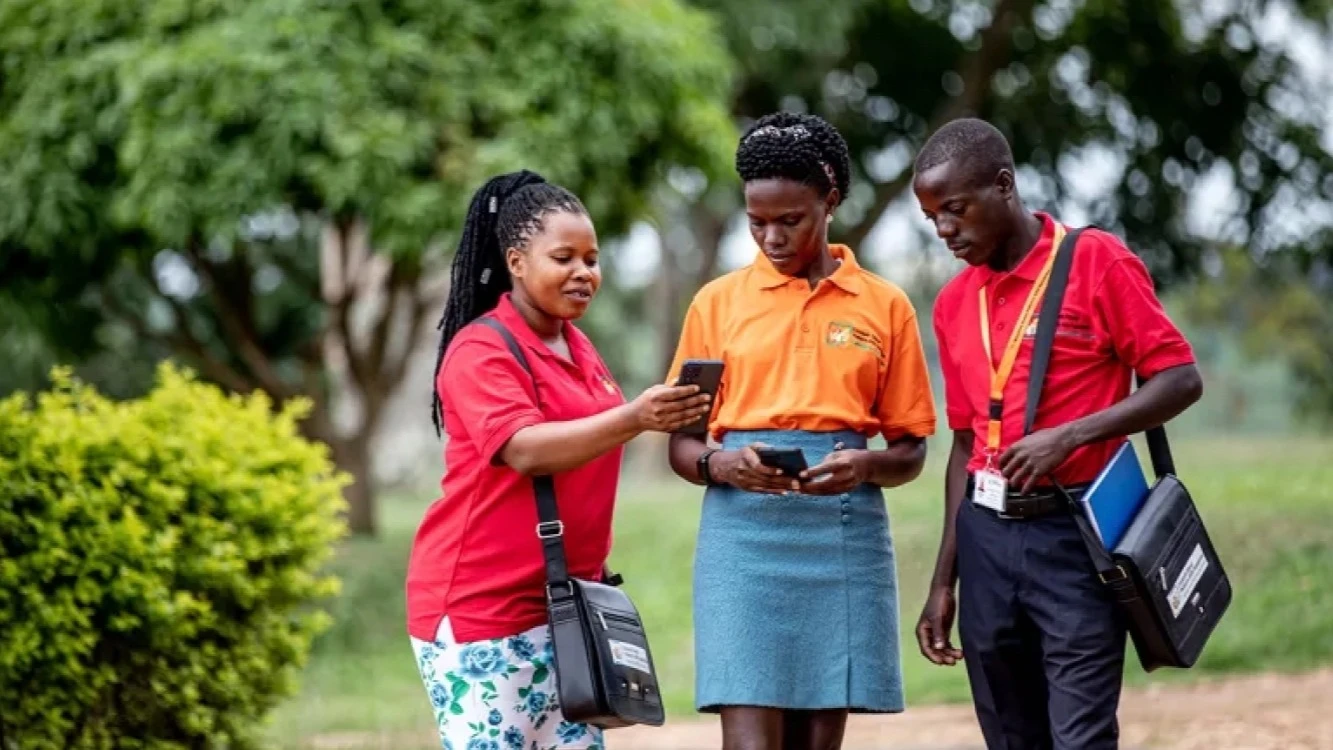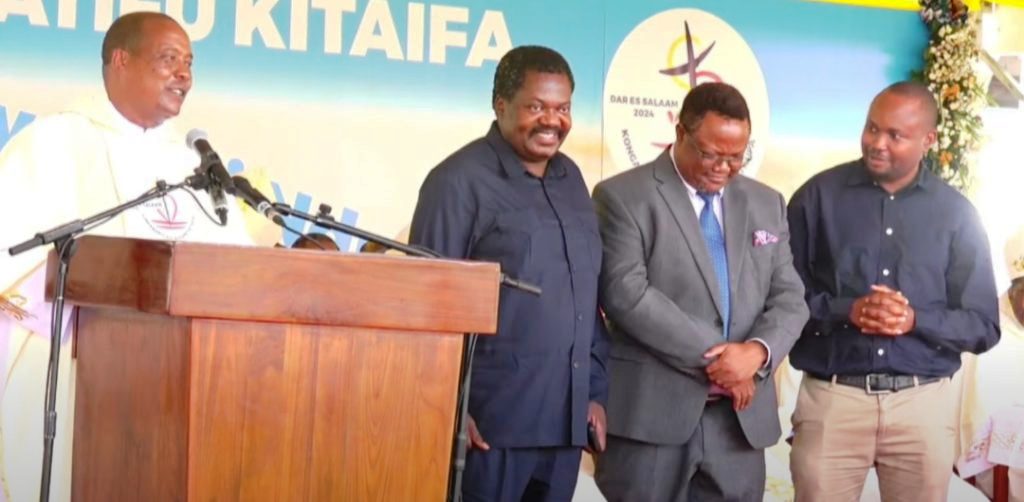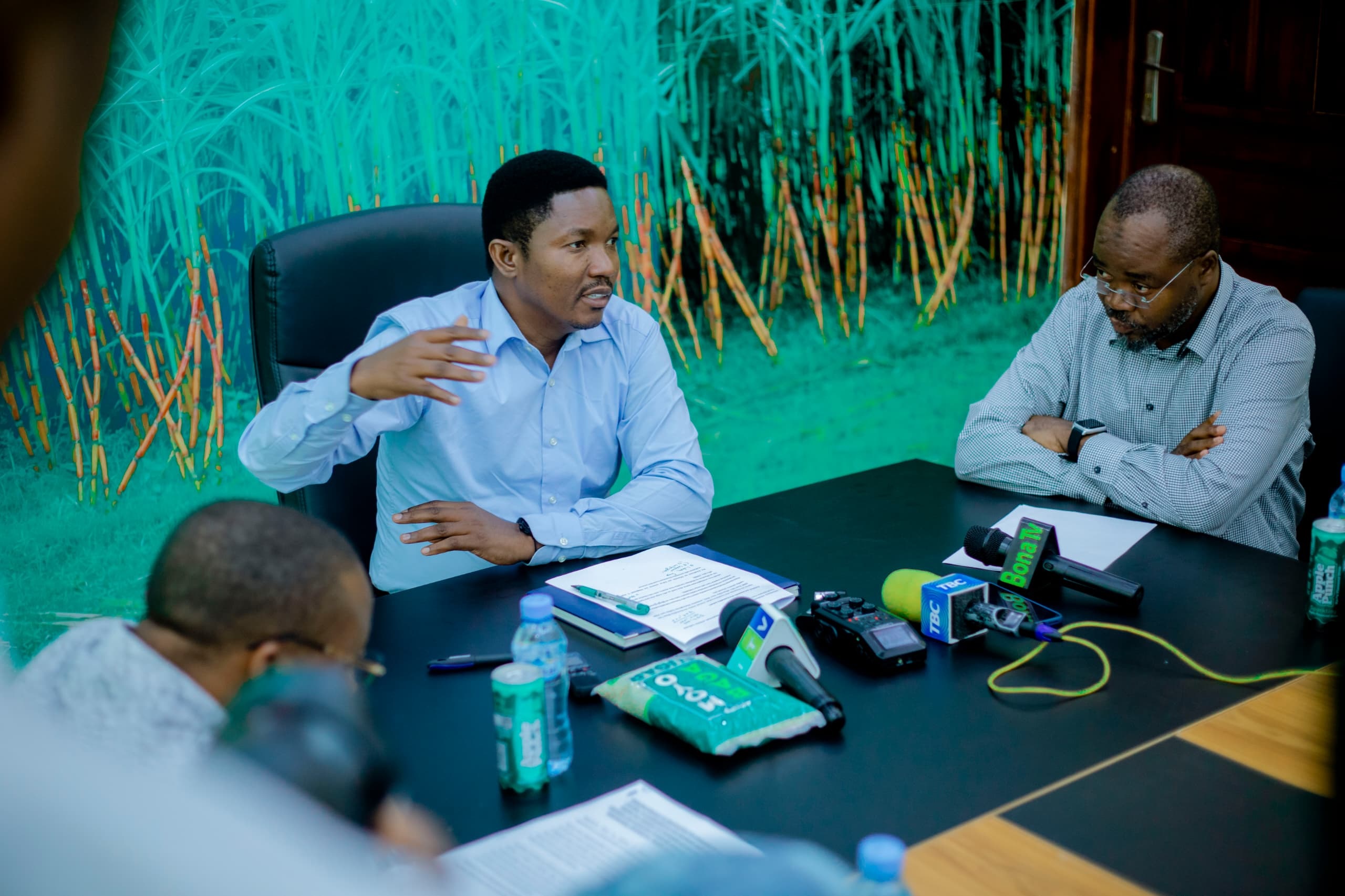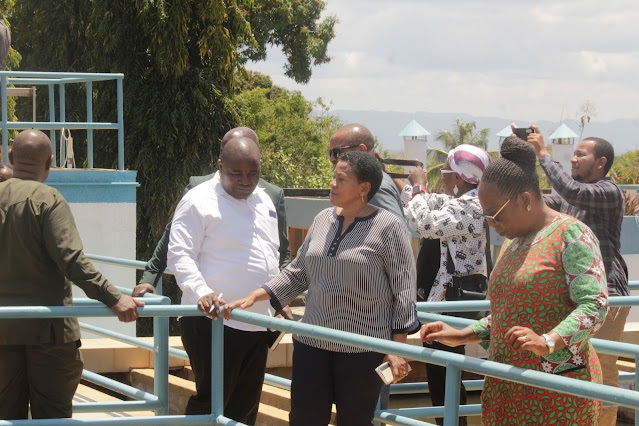Engineers registration board establishes STEM programme
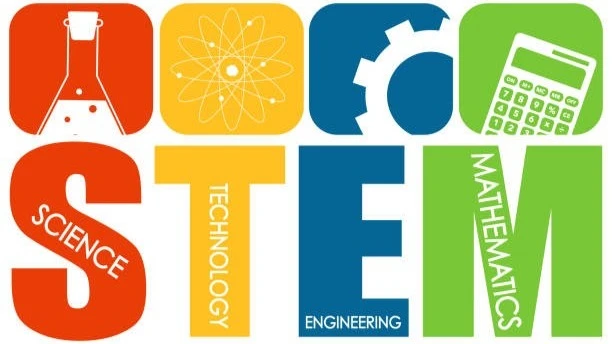
The Engineers Registration Board (ERB) has introduced a new initiative called the "Science, Engineering, Technology, and Mathematics (STEM) Support Programme."
This program aims to sponsor volunteer teachers to teach STEM subjects in primary and secondary schools across Tanzania.
STEM, which stands for Science, Engineering, Technology, and Mathematics, is central to the program's objective of increasing the number of highly qualified, gender-balanced students enrolling in engineering courses at universities both locally and internationally. This initiative aligns with the Ministry of Education's guidelines issued in June 2023.
Speaking at the launch of the ERB Run for STEM Marathon 2024, ERB Registrar Eng. Bernard Kavishe emphasized the program's goal of addressing the shortage of STEM teachers in Tanzania.
The marathon, held at the University of Dar es Salaam Academic Staff Assembly (UDASA) grounds, drew engineers and participants from various regions of the country.
To date, the program has deployed 20 volunteer teachers specializing in physics, mathematics, chemistry, biology, and computer science to three secondary schools in the Kagera Region.
These schools include Lt. General Silas Mayunga Secondary School, Kyerwa Secondary School, and Kagera River Girls Secondary School, with each school receiving a dedicated number of teachers.
The selected teachers, who hold bachelor's degrees and have not yet secured employment, will serve as volunteers for a period of two years. Under the STEM Support Programme (SSP), these teachers will receive monthly allowances, health insurance, books, laboratory equipment, and travel stipends for reporting and holidays.
“We are also promoting a passion for STEM, with a particular emphasis on encouraging girls to pursue these subjects,” said Kavishe. He expressed gratitude to the Royal Norwegian Embassy in Dar es Salaam, which donated 150m/- to support the program.
Kavishe explained that the decision to introduce the STEM Support Programme followed research conducted in the Tanga, Kagera, Geita, Dar es Salaam, and Katavi regions, which revealed a significant shortage of science teachers in primary and secondary schools. He warned that without serious efforts to encourage students to pursue science and without the recruitment of STEM teachers, Tanzania could face a shortage of engineers in the future.
"The shortage of science teachers is a nationwide issue, and we need additional support from donors to extend the program to other regions," he added.
The ERB’s efforts also align with President Samia Suluhu Hassan's education initiatives, which include the construction of 800 new primary and secondary schools, 26 of which are dedicated to science education for girls. However, many of these schools still face a shortage of qualified science teachers.
The STEM Support Programme, officially launched in April 2023, aims to sponsor at least 100 teachers over a 24-month period, requiring a total funding amount of 1.9bn/-.
As part of the program, students in Form Two and beyond will receive specialized instruction in mathematics, biology, physics, and computer science. The quality of the teaching will be carefully monitored to ensure high standards are maintained.
Eng. Ilham Sharif, a personal assistant to the ERB, explained that the ERB Run for STEM Marathon was initiated to address the shortage of science teachers and enhance science education for girls. The funds raised will be used to purchase books, laboratory equipment, and provide support for teachers in secondary schools.
The marathon featured 5km, 10km, and 21km races, which took participants through the UDASA grounds.
The event was graced by the Minister of Education, Science and Technology, Prof. Adolf Mkenda, who served as the guest of honor. The marathon attracted engineers and individuals from across the country.
Sharif emphasized the importance of sustaining the program and called for continued support from stakeholders. “Every year, about 20,000 students graduate, but many remain unemployed. We need to ensure that students are prepared for the opportunities ahead.”
She also highlighted the importance of transparency in the program, encouraging donors to audit the use of their contributions. “Donors can visit the areas where their funds have been used, and they are welcome to bring their own auditors to verify how their money has been spent.”
Ultimately, the program aims to equip students with problem-solving skills, encourage innovation, and foster a strong foundation in STEM subjects, preparing them for future opportunities and challenges in an increasingly technological world.
Top Headlines
© 2024 IPPMEDIA.COM. ALL RIGHTS RESERVED











